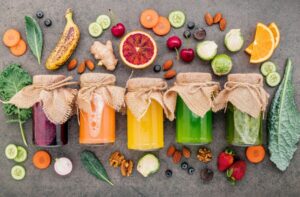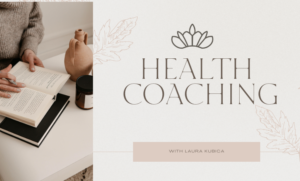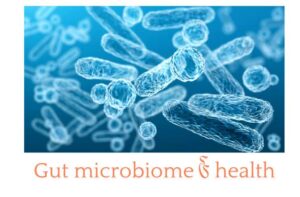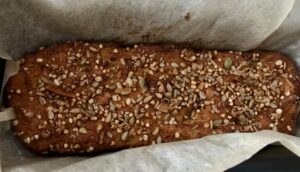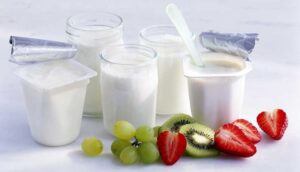Feeling Bloated? 5 Ways to Stop Bloating Fast
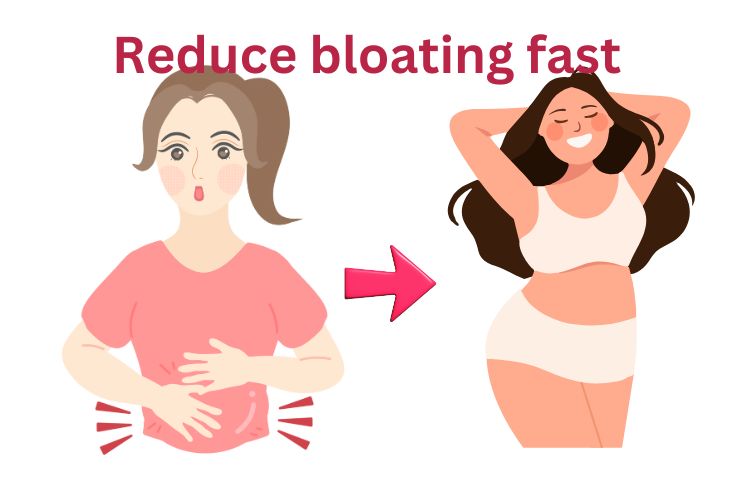
Many of us experience bloating at least once a day, with women often feeling it more than men. In this article, I share five favorite hacks to help you beat the bloat.
What is bloating?
Bloating results from your gut’s microbiome. This is the balance of good and bad bacteria in your digestive system. While bad bacteria like E. coli can cause issues, focusing on increasing the beneficial bacteria helps maintain gut health. Our goal should always be to have more good bacteria than bad.
Eat Fiber-Rich Foods
Fiber is the king of digestion and is found in plant-based foods. There are two types: soluble and insoluble. Soluble fiber dissolves in water, creating a gel-like substance. Think of how soaking oats or chia seeds in water makes them soft and creamy. Some of these fibers feed the bacteria in our large intestine, keeping our gut healthy. Insoluble fiber doesn’t feed bacteria but adds bulk to stool, aiding in regular bowel movements and preventing constipation-related bloating. Foods high in fiber include vegetables, nuts, seeds, whole grains, and legumes. Don’t forget to drink plenty of water—around 2 to 2.5 liters daily. Eating soups counts too! Ad movement to your regime. Just 10 minutes of movement after meals can also work wonders for digestion and reduce bloating.
Chew Your Food Well
One of the most effective ways to improve digestion and reduce bloating is to chew food thoroughly. For the next week, try this: During one meal a day, make a conscious effort to chew each bite about 20 times until it’s nearly liquid before swallowing. This practice prevents undigested proteins from entering the intestines, which can cause bloating.
Enjoy Probiotic-Rich Foods
Probiotic-rich foods are essential for optimizing gut health. They positively impact digestion, immune health, eczema, and asthma. One of the easiest ways is to include more fermented foods into our diet. Think that refreshing sauerkraut, spicy kimchi, or fermented legumes such as tempeh or miso. Plain yoghurts and kefirs are great choice. Ideally made of sheeps or goats milk, coconut or almond as non diary options. The choice is yours, but please stay away from sweetened options and always look at ingredients to make sure there are life bacteria present. These foods help populate your gut with good bacteria, balance your microflora, and support immune health and digestion.
Take Enzymes on an Empty Stomach
Enzymes break down food during meals, but here’s a trick: Take them on an empty stomach to help digest any leftover food in your gut from prior meals. This hack can reduce bloat by supporting good bacteria in overcoming bad bacteria and getting rid of the bloat.
Magnesium for Relaxation
Magnesium helps relax the muscles, including those in the digestive system. Stress can tighten gut peristalsis (the waves that move food through your gut). Magnesium, especially taken at night, helps digestion. Enjoy a bath with magnesium Epsom salts in the evening or use magnesium oil for a cream-like application if baths aren’t your preference.
Bonus Tips:
Hormonal Fluctuations: Elevated estrogen before menstruation can lead to water retention and bloating. Drink plenty of water, reduce salt intake (especially from processed foods), and manage stress through movement.
Bloating and SIBO: Some people struggle to digest complex carbs, like those in grains or legumes, due to oligosaccharides—a type of carbohydrate and a known FODMAP. Slowly introduce legumes into your diet, starting with a few teaspoons, and rinse and pressure-cook them for easier digestion. Individuals with IBS or SIBO may need a low-FODMAP diet under medical supervision, as these carbs can cause bloating and discomfort.
Disclaimer:
This content is for entertainment and informational purposes only and reflects the author’s opinions. It is not intended to diagnose or treat any medical condition. If you experience prolonged bloating, or unexplained weight loss, or nausea during meals, contact a doctor or dietitian. Please refer to my privacy policy for more information on using this website’s content.
Newsletter Subscription
Stay up-to-date on all the news from Lauriger
Table of Contents
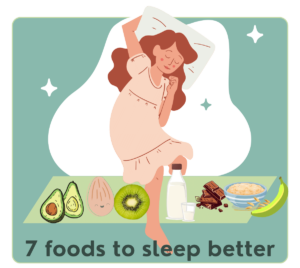
Top 7 Foods to Eat Before Bed to Support Your Sleep Naturally [updated with tips on how to eat them]
Read More »Sign up to our newsletter
By subscribing, I accept the privacy policy and I give my consent to receive Lauriger emails about news and offers.
© 2023 Lauriger. All rights reserved.
